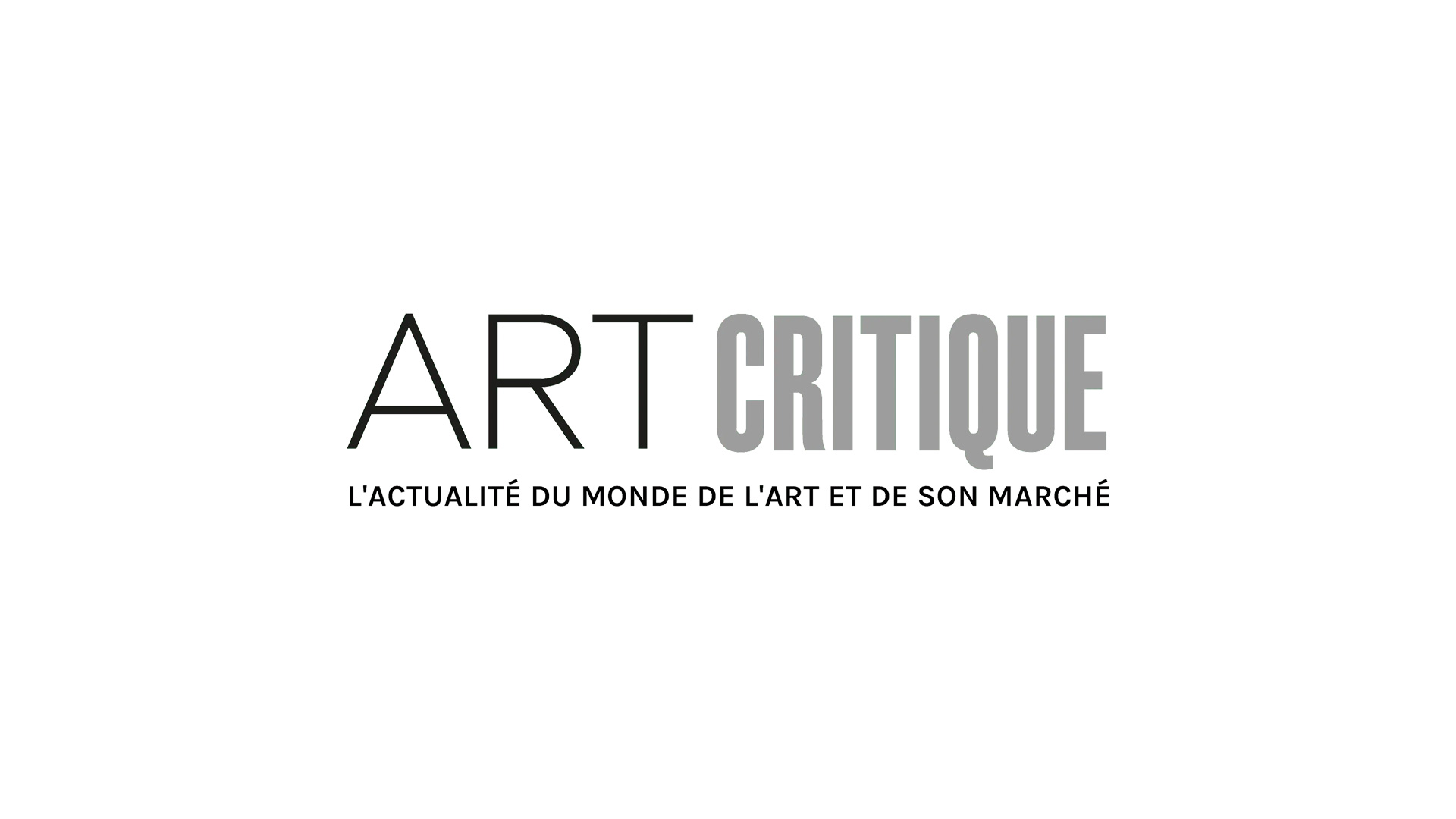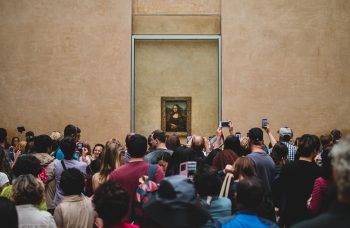In a few days, on March 1st, Stuttgart’s Linden Museum will return artefacts that once belonged to Namibian national hero Hendrik Witbooi to their home country. Theresia Bauer, Germany’s state minister for science, will head to Gibeon, Witbooi’s hometown in Namibia, to hand the artefacts, namely a bible and whip, over to Hage Geingobin, the president of Namibia. The repatriation of these items precedes plans to build a museum in Gibeon that will eventually house the returned artefacts. Until then, they will remain under the supervision of the state.
Witbooi was not only a major figure and ‘Kaptein’ during the time that Germany occupied portions of Namibia between 1884 and 1915, but also, Witbooi was one of the most influential and important chiefs of the Nama tribes. The soon to be returned bible belonged to Witbooi’s family and contains handwritten notes by Witbooi, himself, alongside writings by other family members. During a brutal attack on Witbooi’s headquarters, Hornkranz, that involved the killing of numerous women and children, the bible and whip were most likely looted by German colonial soldiers. The items were then gifted to the museum in 1902 according to Monopol.
The return of these items to where they belong stands to be the first culturally significant restitution of items by a Baden-Wuettemberg museum. ‘At the same time,’ remarked Minister Bauer, ‘the restitution of these objects is for us the beginning of a reappraisal of German-Namibian colonial history.’
All of this follows a November 2018 speech by Minister-President Winfried Kretschmann stating:
‘The question regarding how we deal with cultural goods and other objects that were acquired in the context of colonialism, and subsequently became part of our collections, has become increasingly a point of discussion. This issue is wide-ranging and not just limited to museums. Indeed, this issue has become more and more relevant in our society; the reappraisal of the past is always the starting point in order to understand the present. Taking this into account, Baden-Wuerttemberg is aware of its historical responsibility and is ready to take action. Sending an important message and signaling an important step in the process of reconciliation, the “Witbooi-Bible” and the whip that belonged to Hendrik Witbooi will be returned to Namibia.’
Though this event is not necessarily a direct result of a major report released by Felwine Sarr and Bénédicte Savory as commissioned by President Macron that urged France, among other countries to return looted artefacts, it does follow a recent moment when Sarr and Savoy defended their findings in Germany. It also comes about 15 years after Germany formally apologized for the Nama-Herero genocide, during which, around 65,000 Nama and Herero tribespeople were estimated to have been killed.





